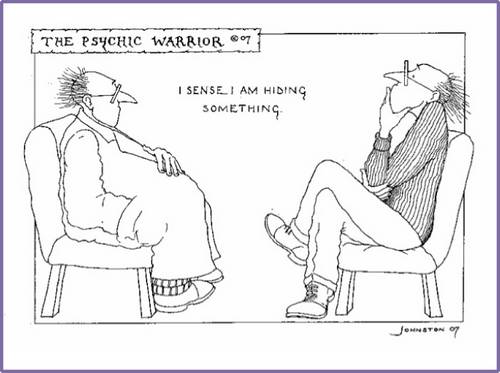I was initially planning to use phenomenography, though think that may not work due to the size limitations of the expected 3 participants, the limitations to the semi-structured interview questions I need to use (as phenomenography would require me to rigidly use the same questions with everybody–leading to the eventual categories), and given that I am not sure I will be able to categorize much as this is an exploratory study.
I am now thinking about using some form of ethnography, something that blends the ethnography of Wittel with that of Hines and Efimova, perhaps in a more Focused manner, similar to that detailed by Knoblauch. I expect to conduct interviews and possibly review blogs or other social media as examples of the participants’ work, as needed. I will get more specific here as a next step, after I (hopefully) get some feedback first.
